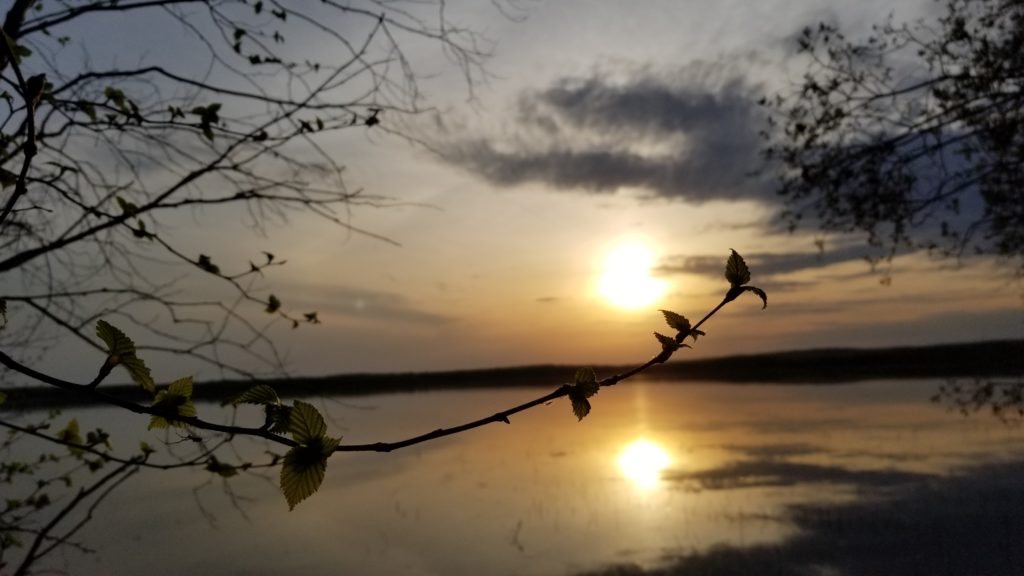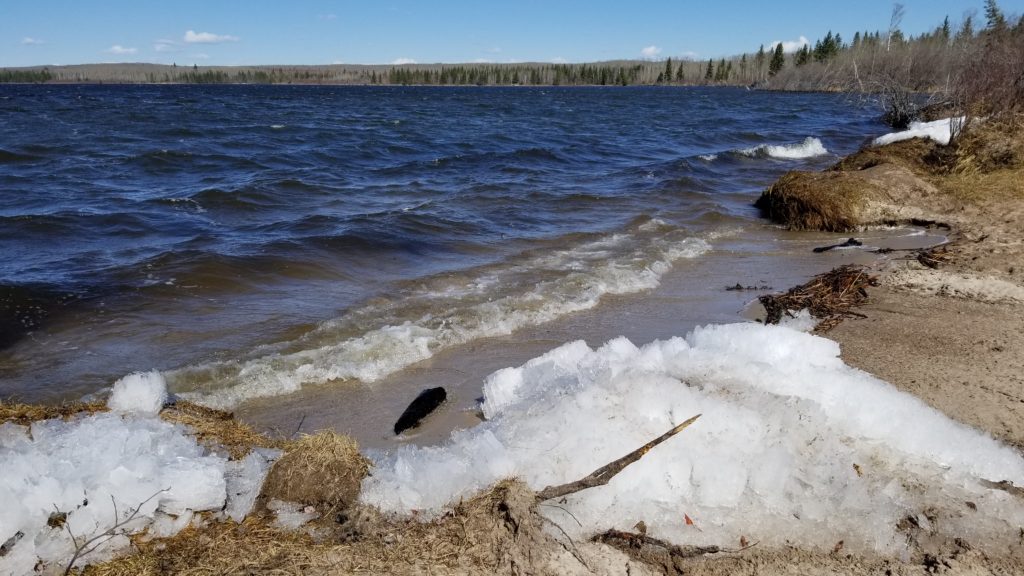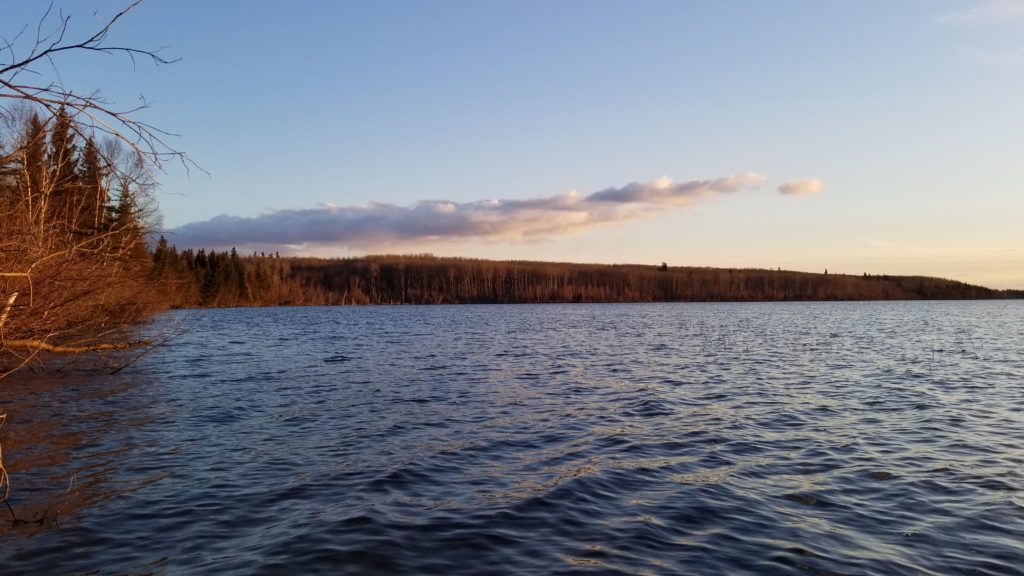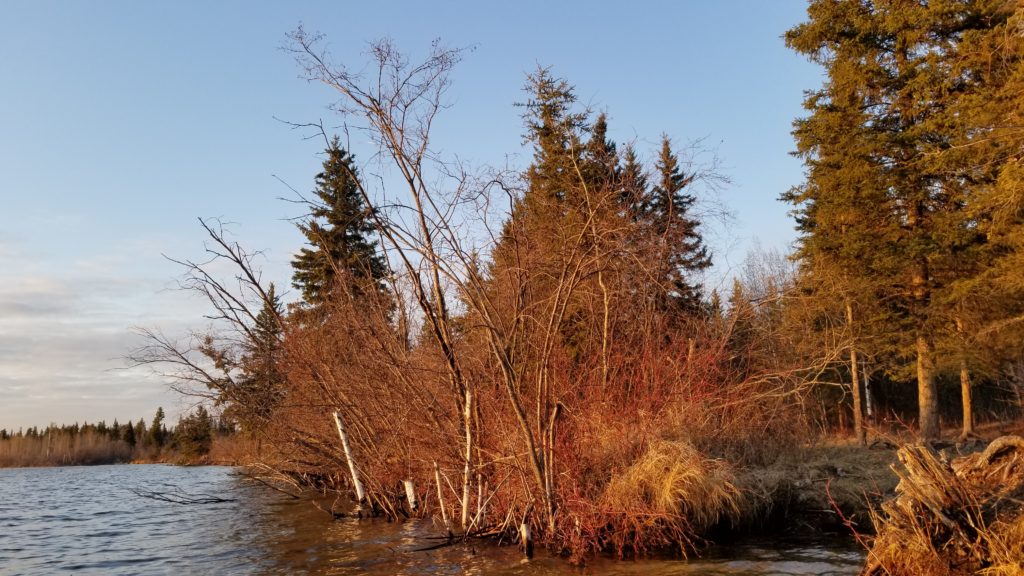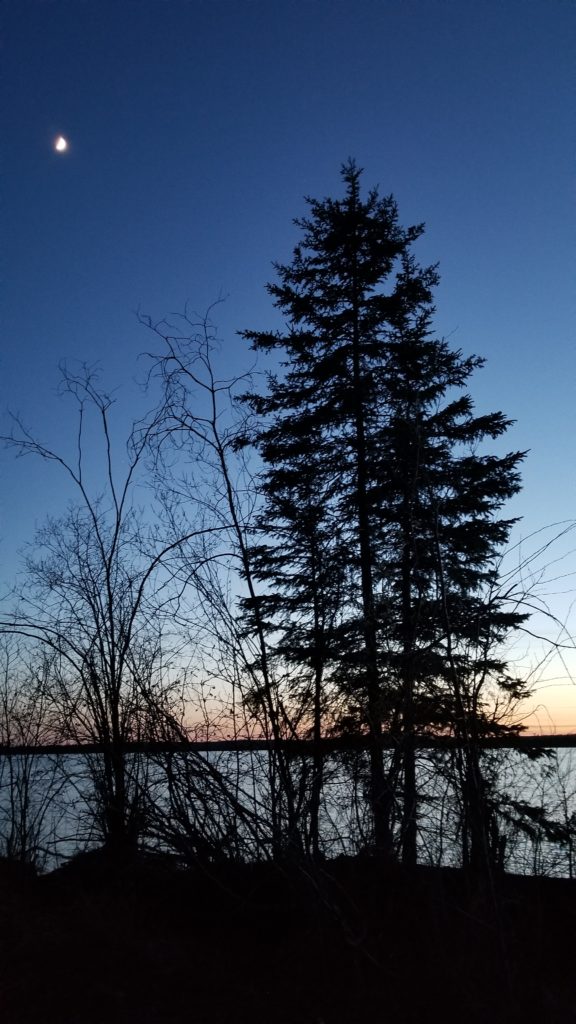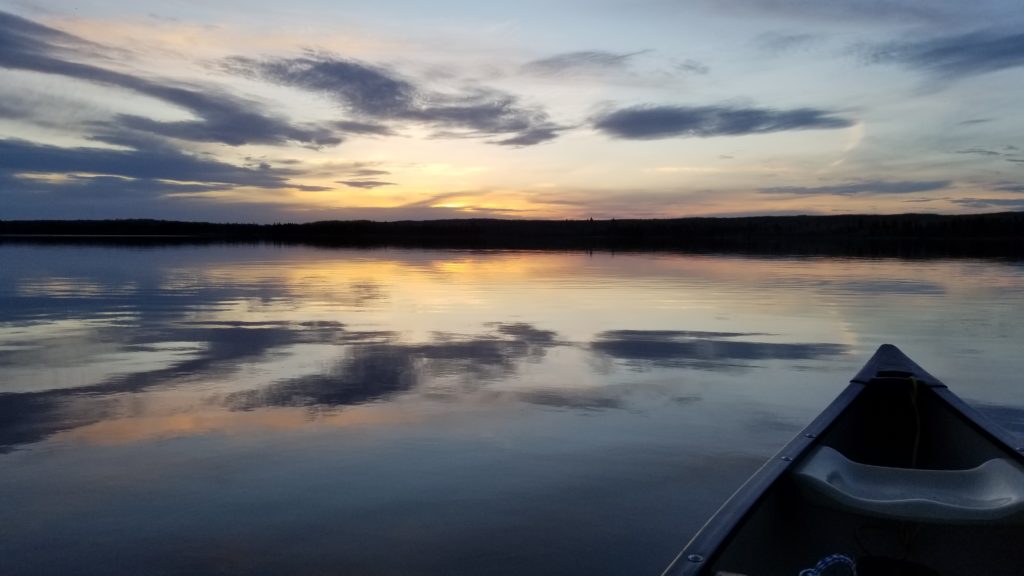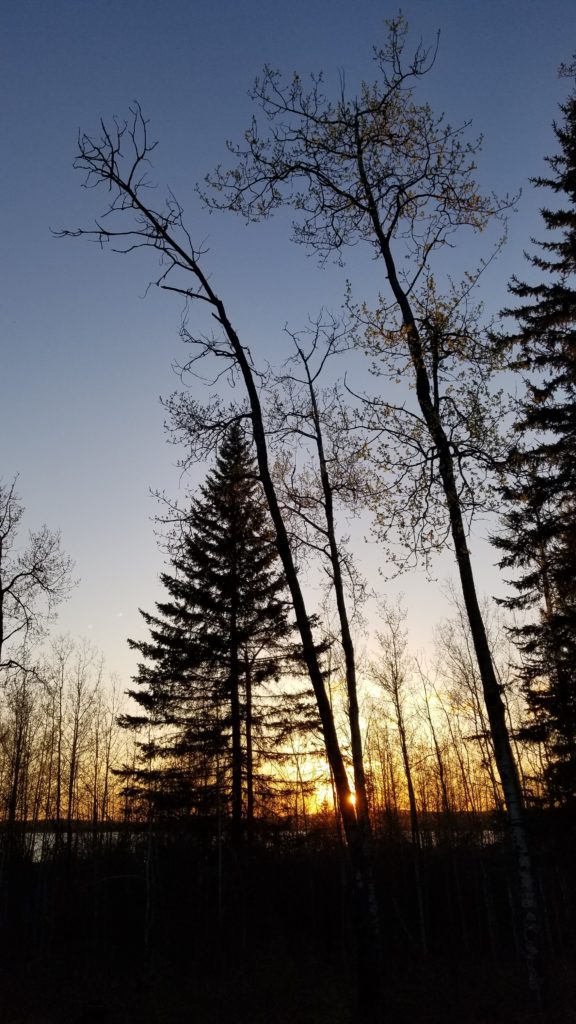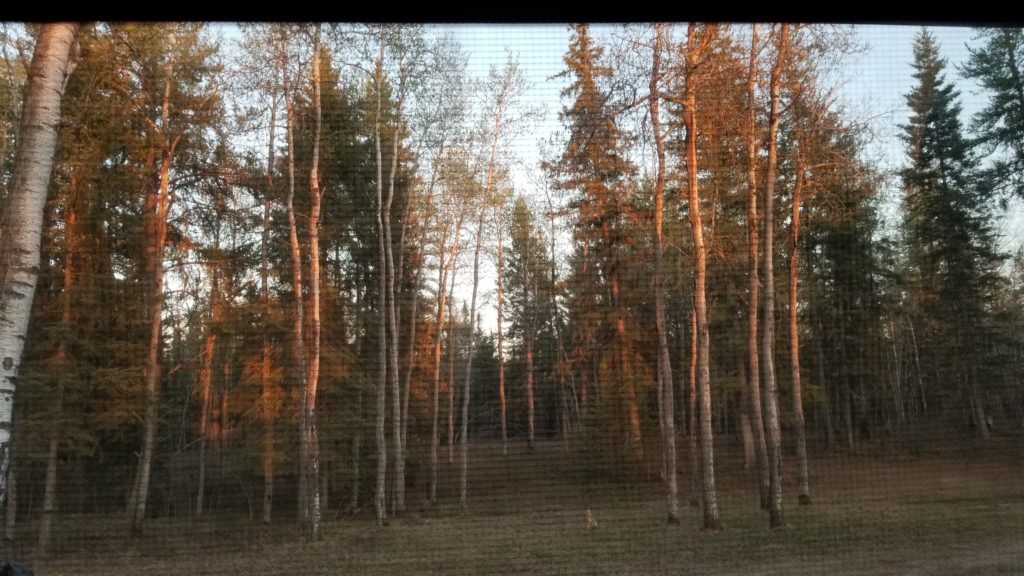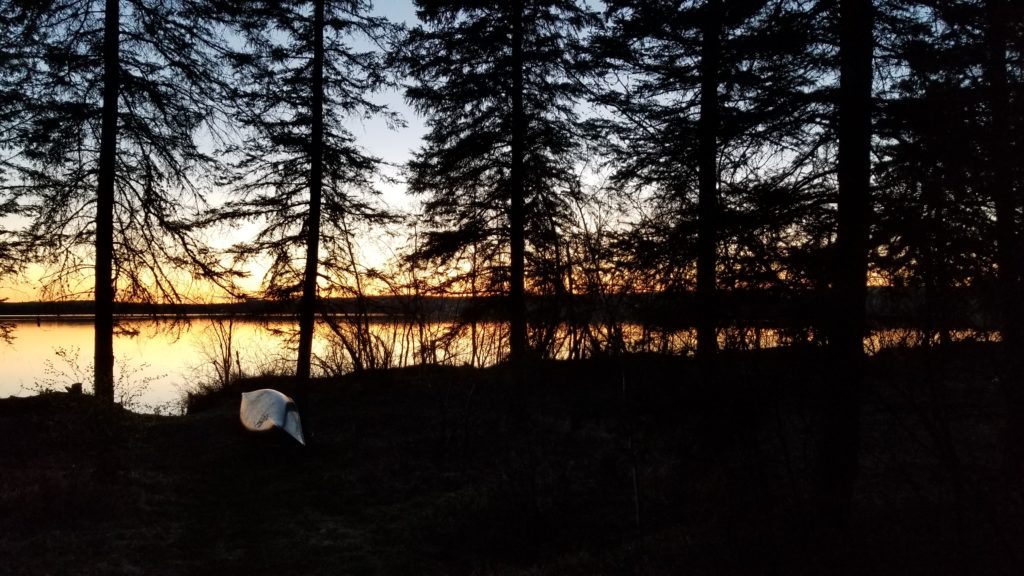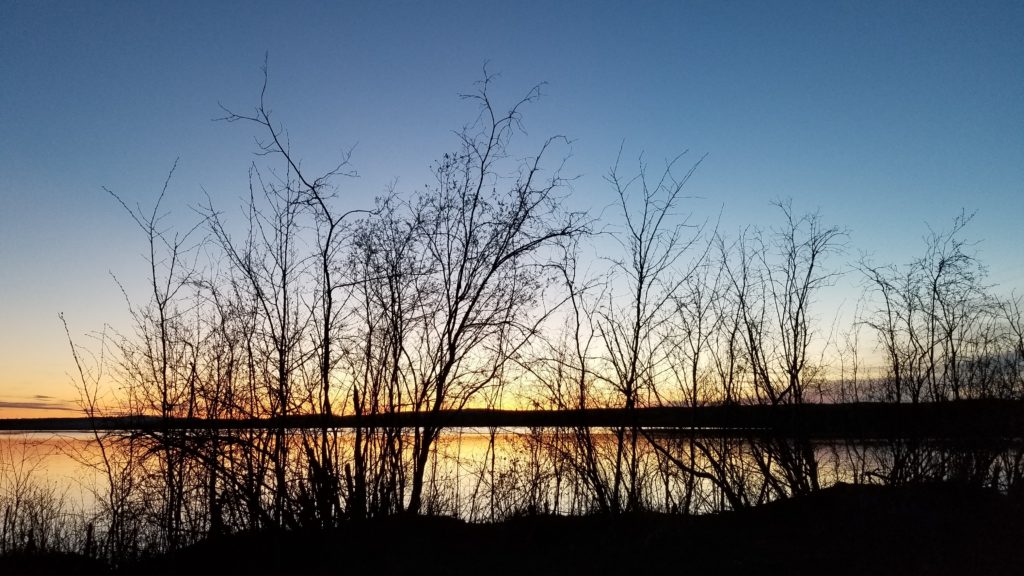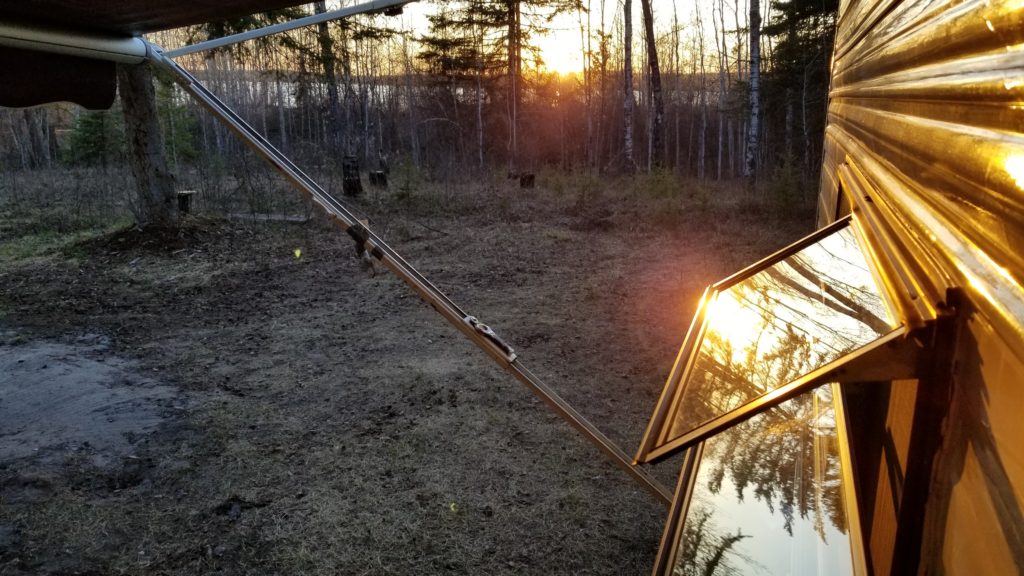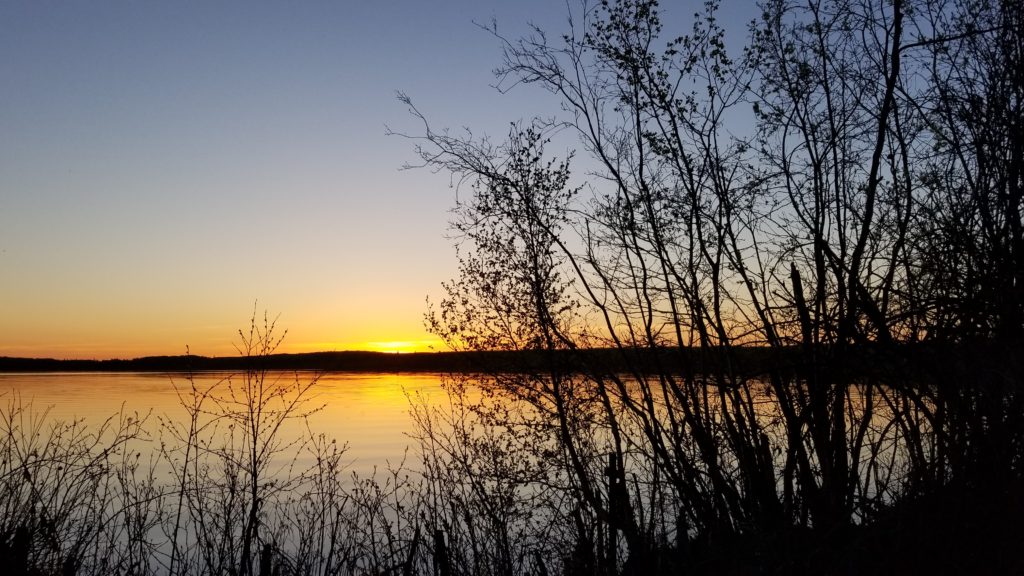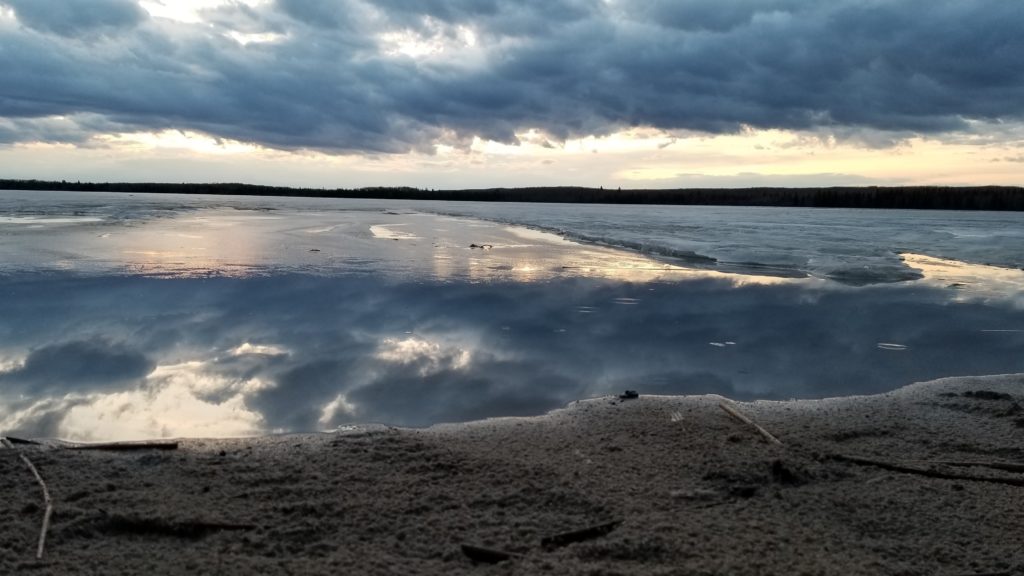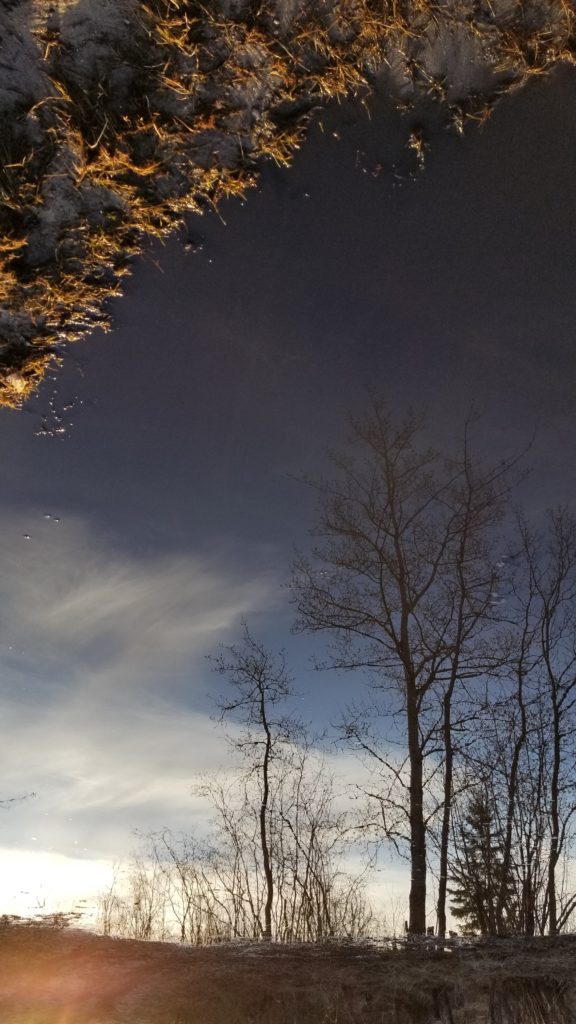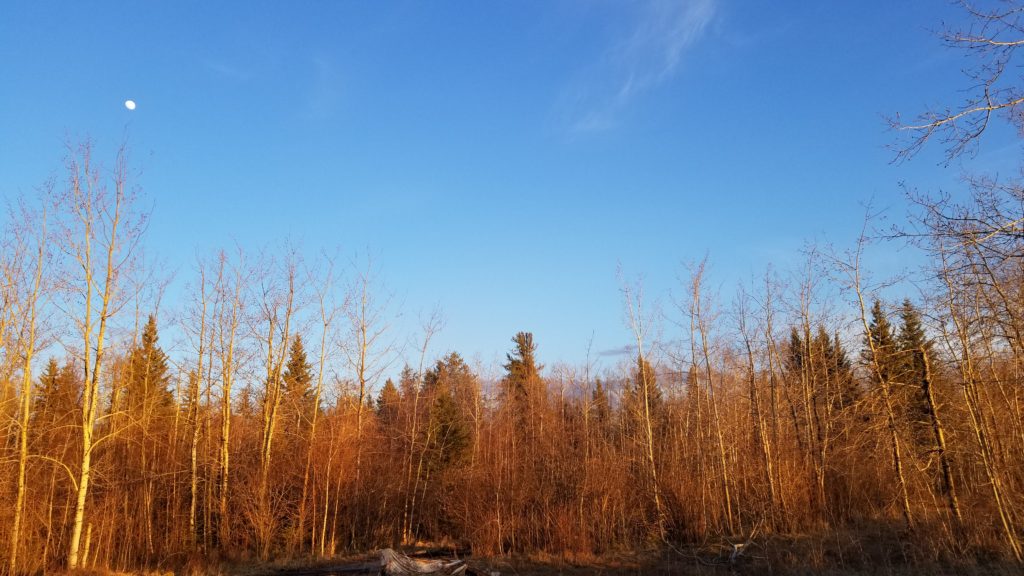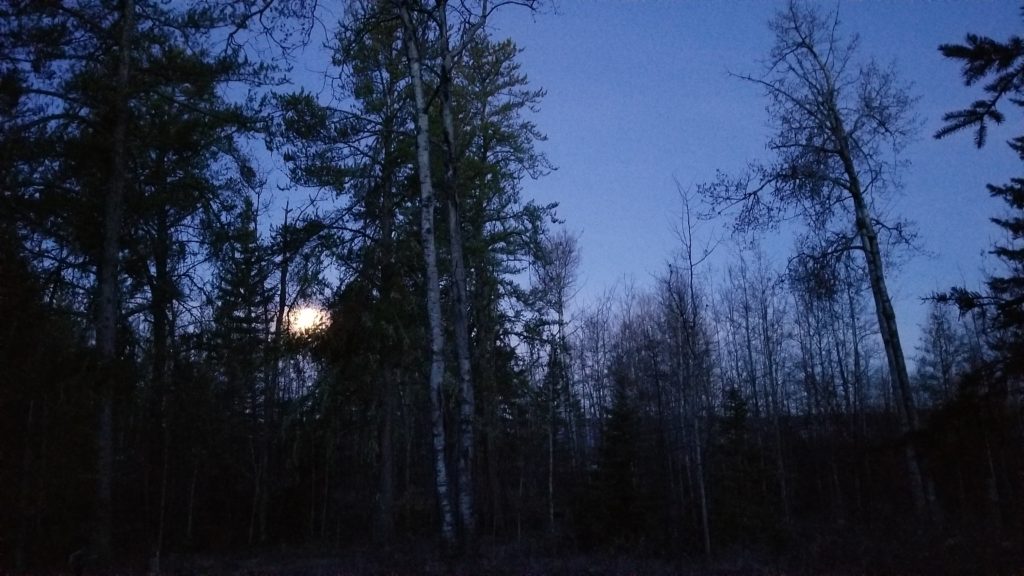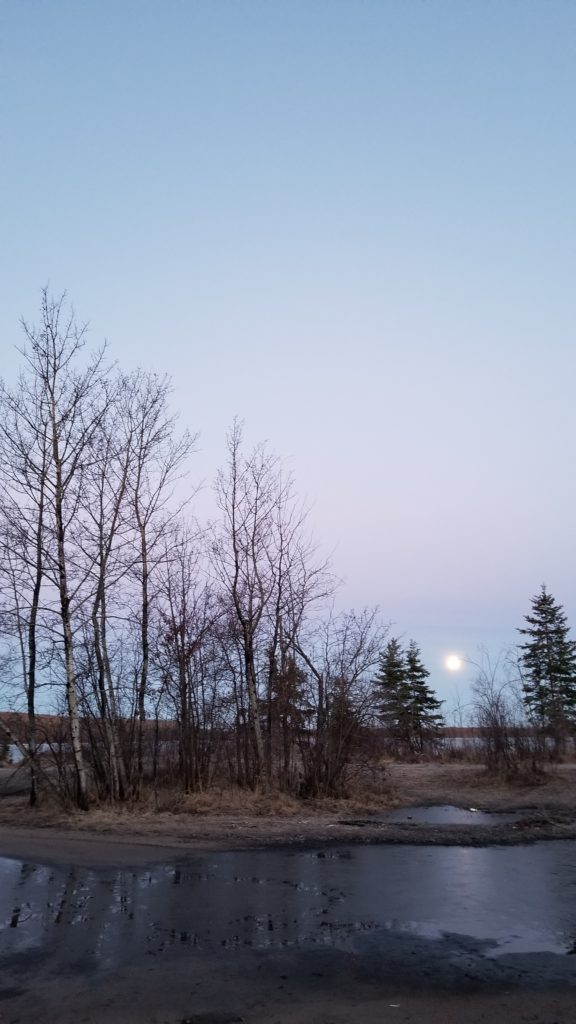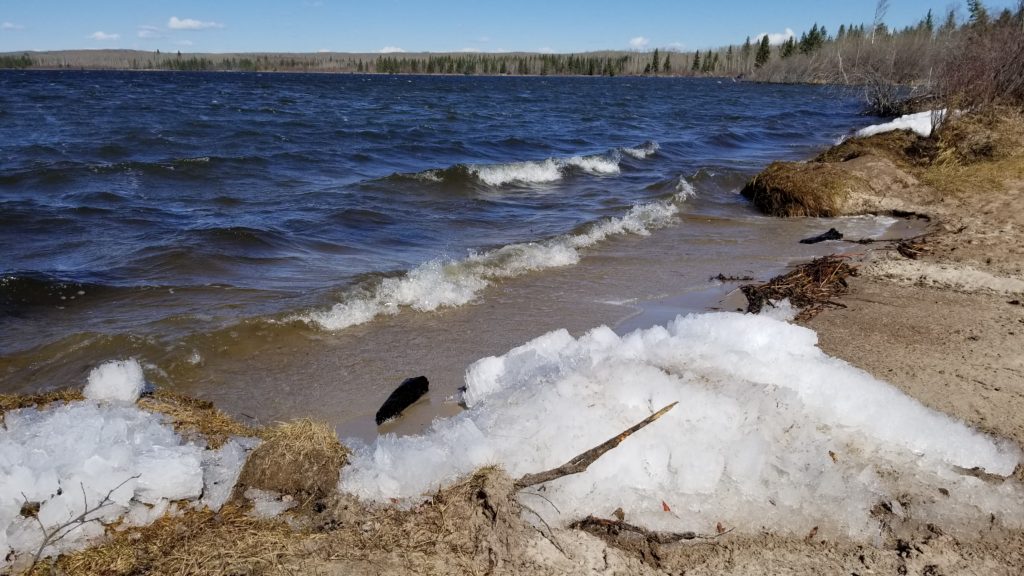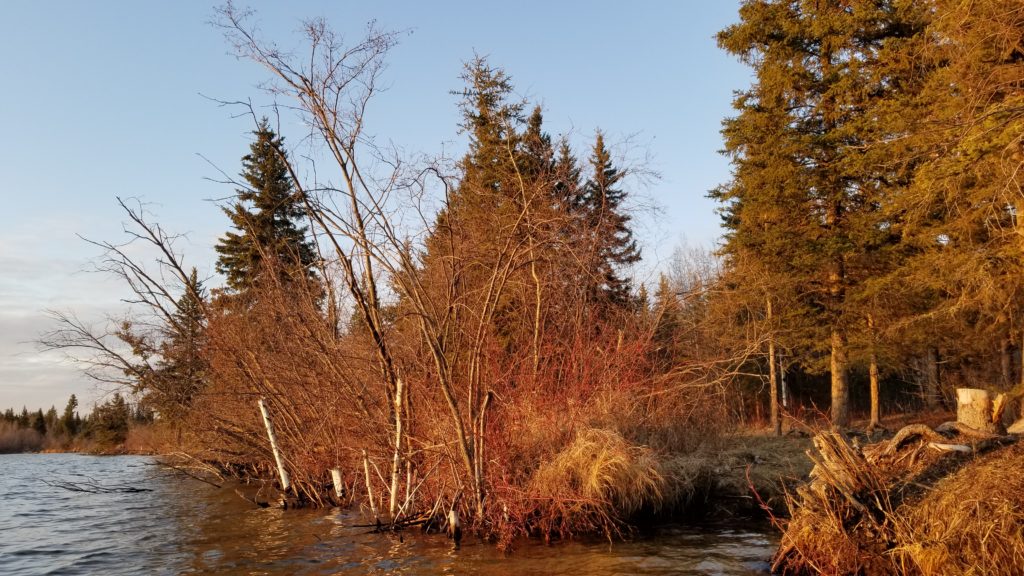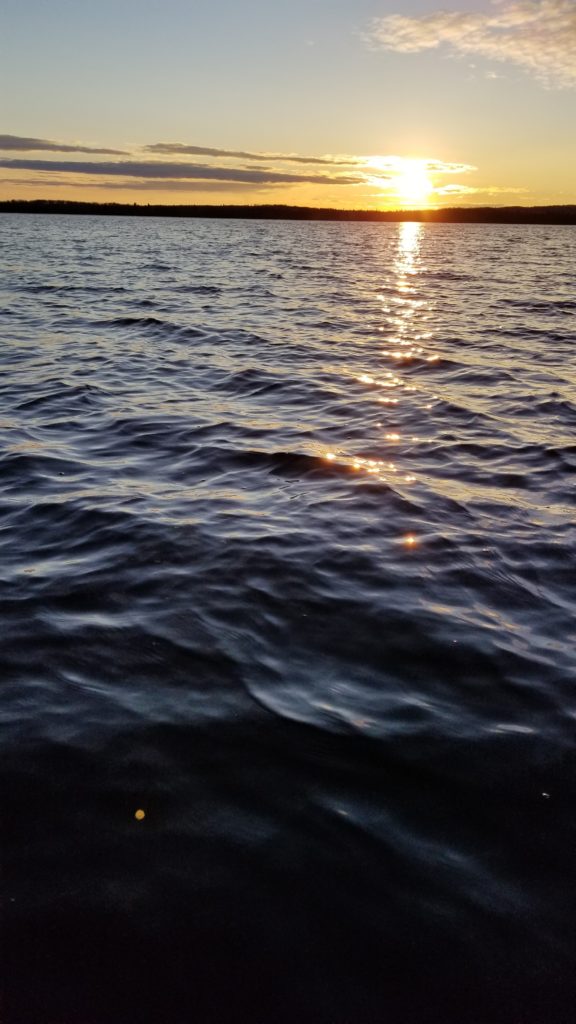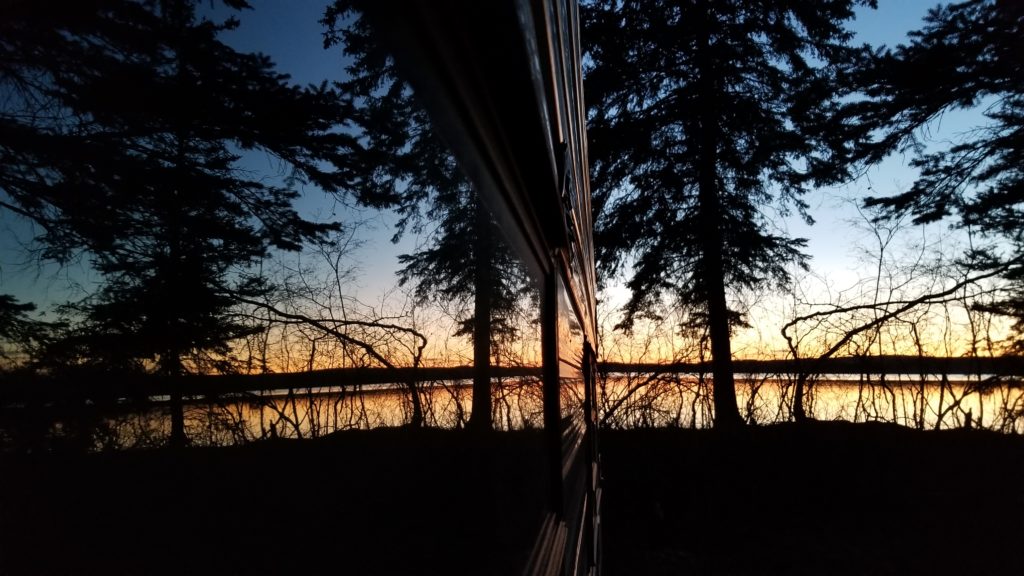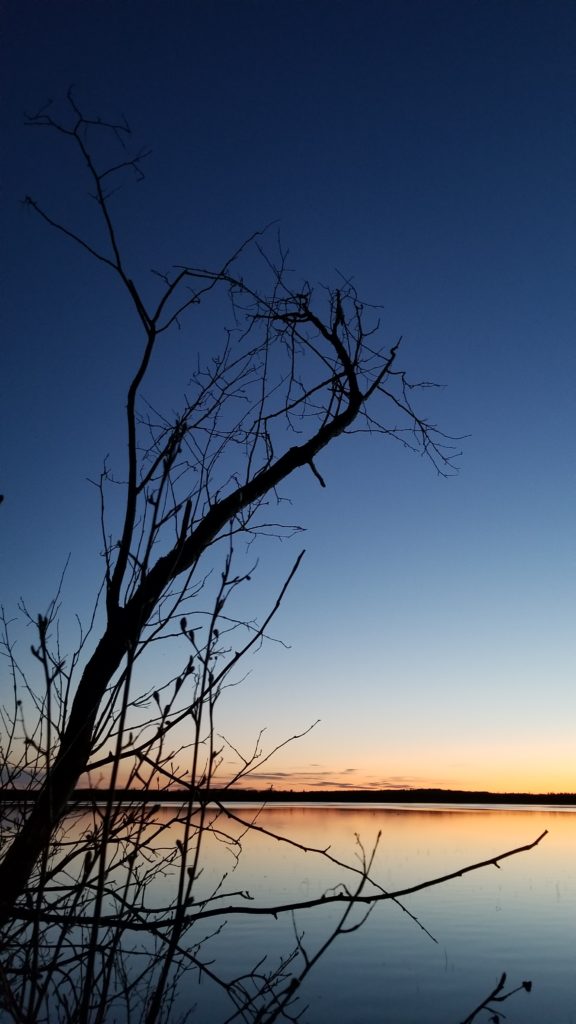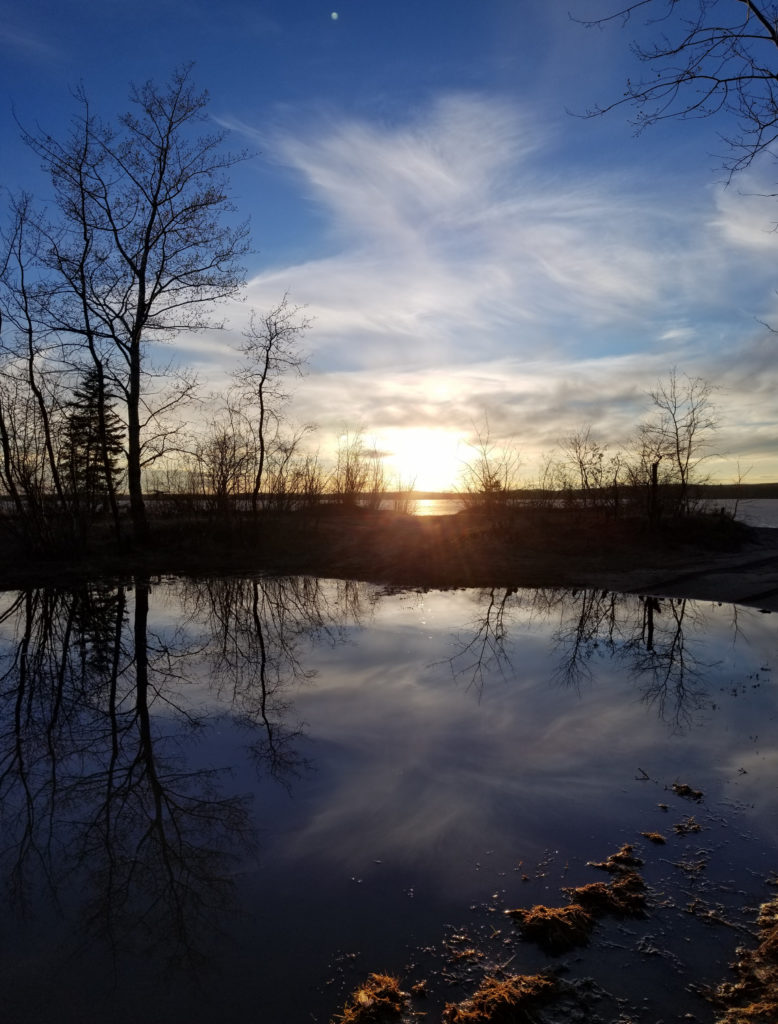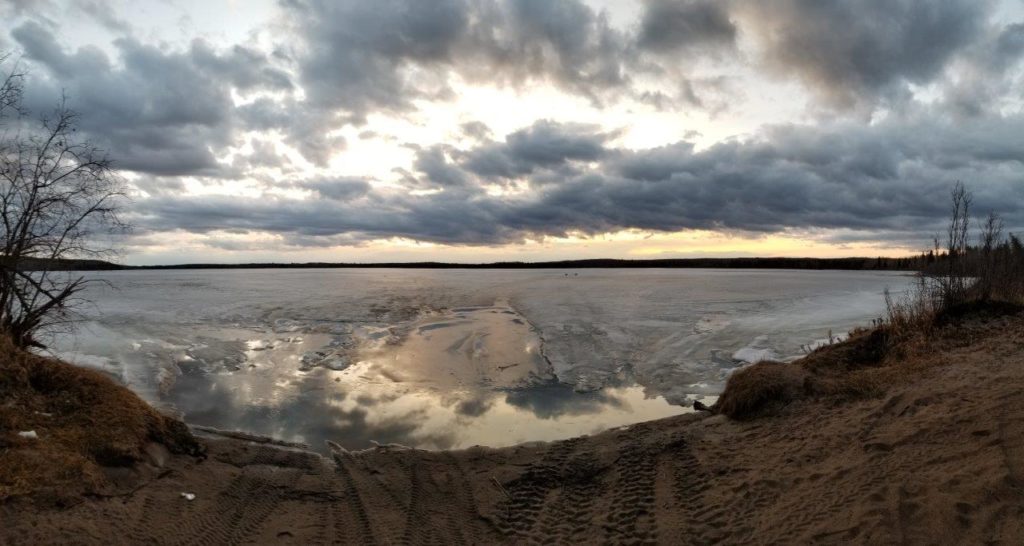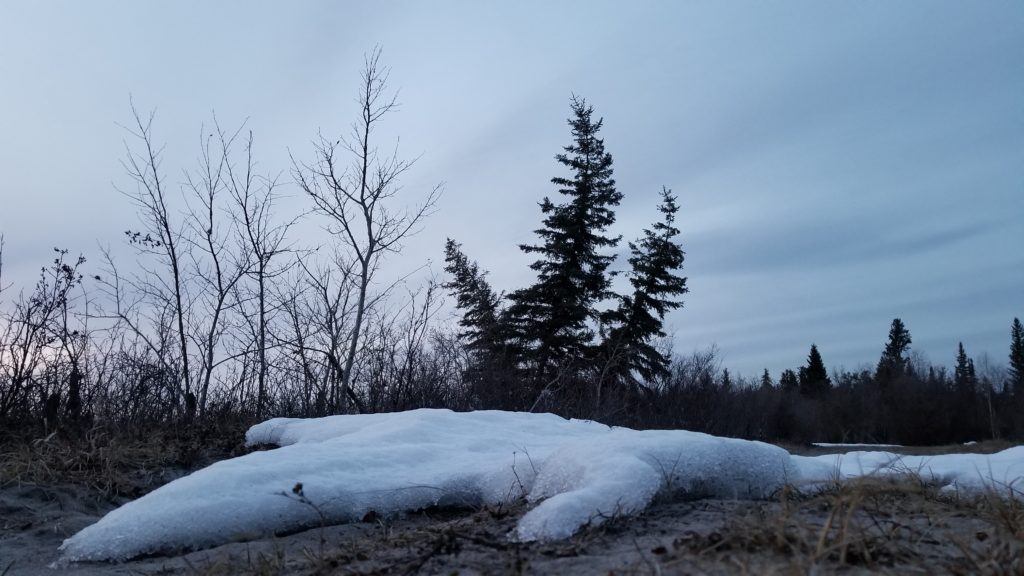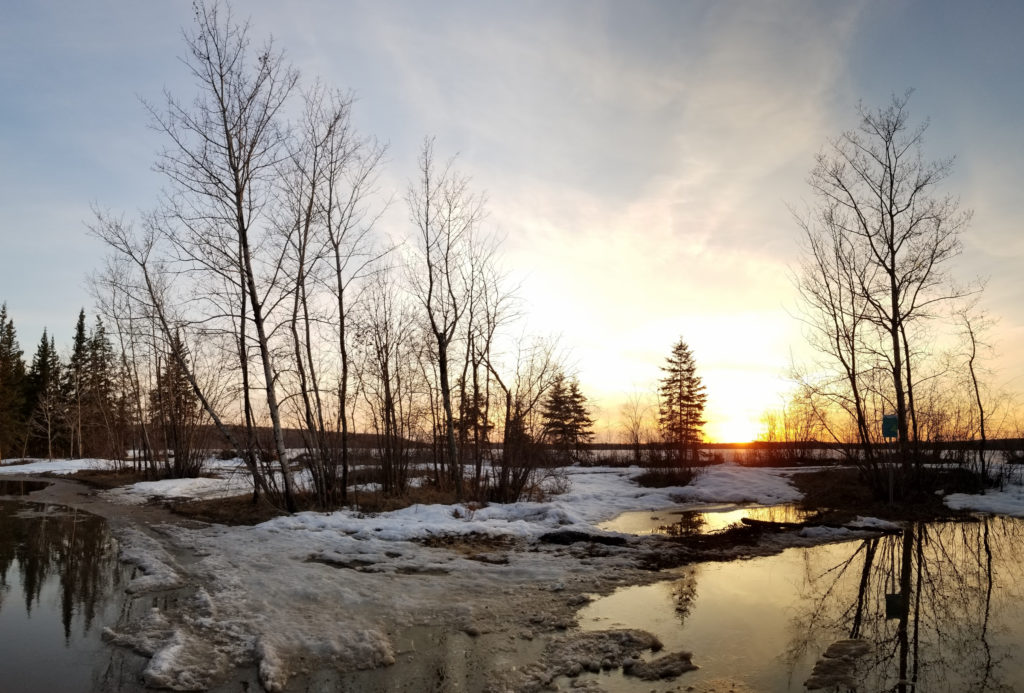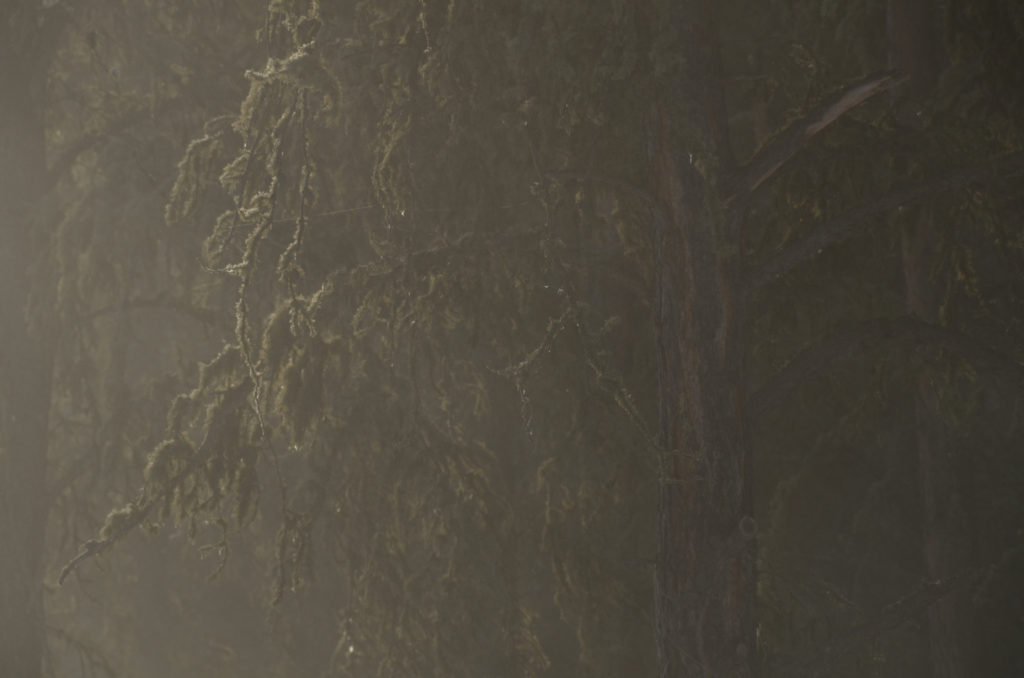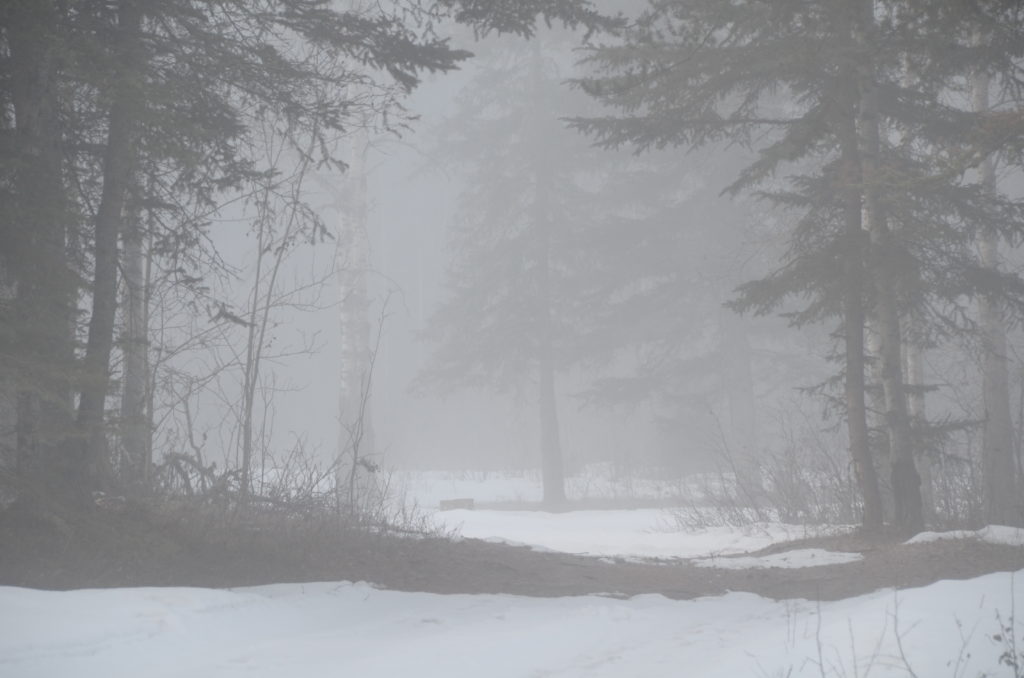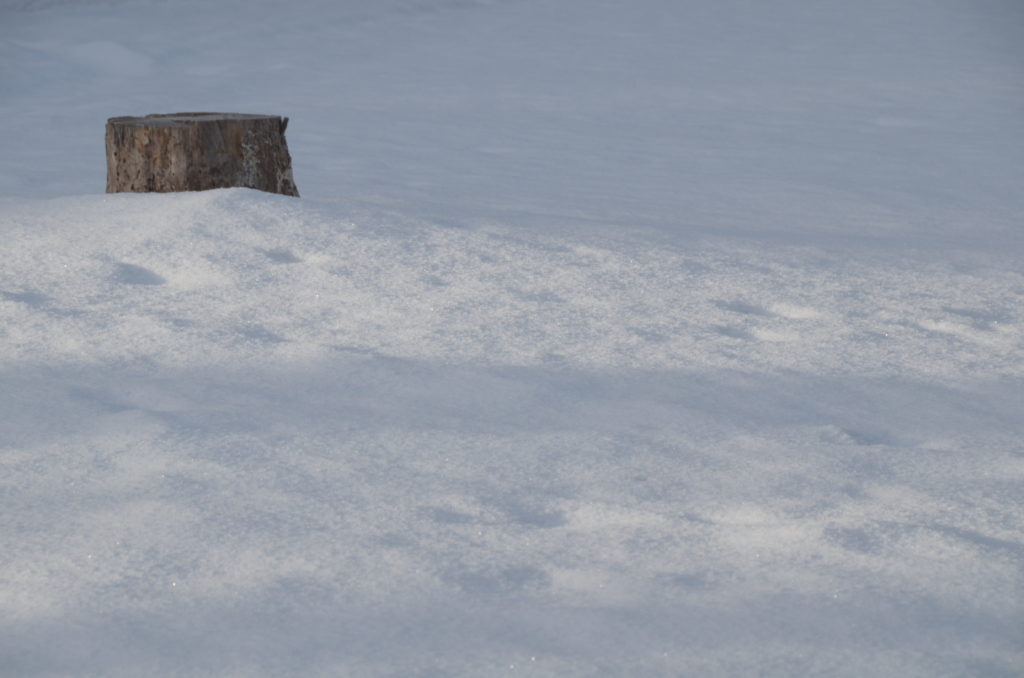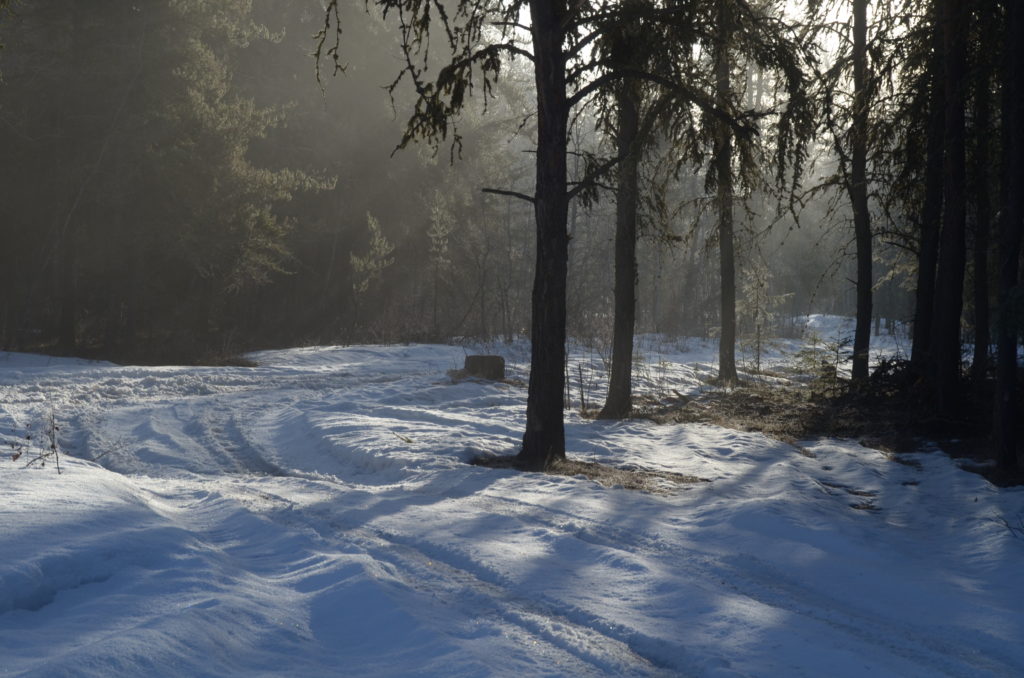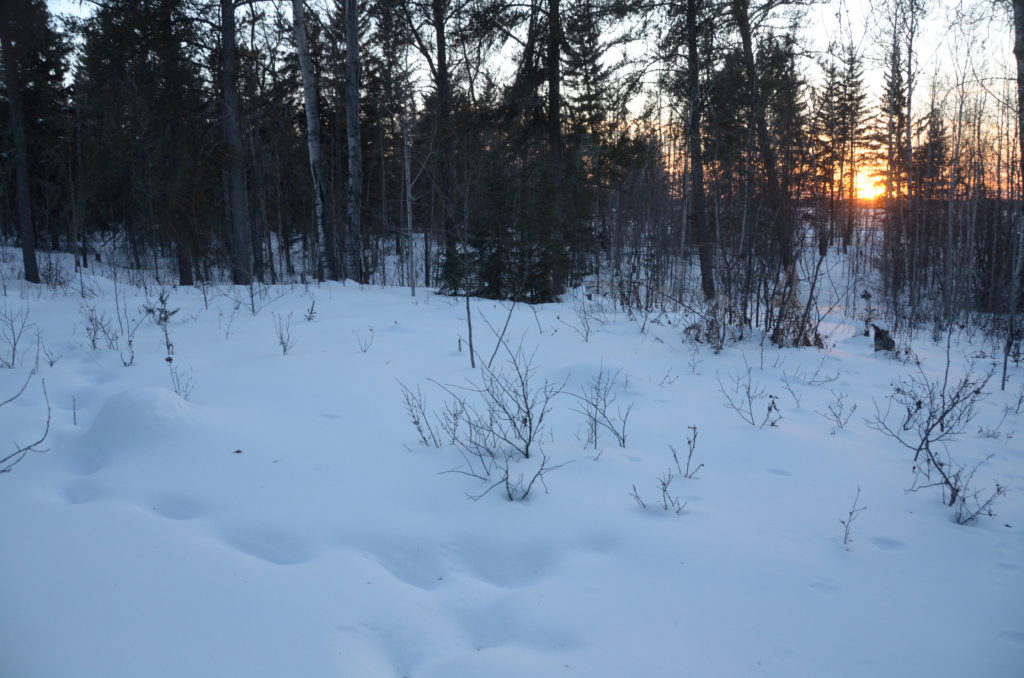Lessons
Isaiah 66:10-14,
Psalm 66:1-9,
Galatians 6:[1-6] 7-16,
Luke 10:1-11, 16-20
Rough Outline
Our Names are Written in Heaven
Skywriting:
A proposal by airplane. Wondrous, a dream come true for two people in love
Everything about their lives is changed:
The perspective of love.
The work of love
The forbearance of love
The genuine empathy of love
The Long Walk of Nelson Mandela 18 July 1918 – 5 December 2013
at 80, 27 years in jail, freed, reunited with Winnie, Winnie’s other love, separated from Winnie, divorced from Winnie, leader of a nation before he was even released from prison, and now a leader not elected but negotiated with, and then elected,
and NOW the most lonely person on planet.
Loss of love is as devastating as love is equipping and empowering to take on all demons
Then at at 79 Nelson Mandela falls in love again with, Graça Machel, the widow of Mozambican President Samora Machel. (born 17 Oct 1945.)
He marries her on his 80th birthday!
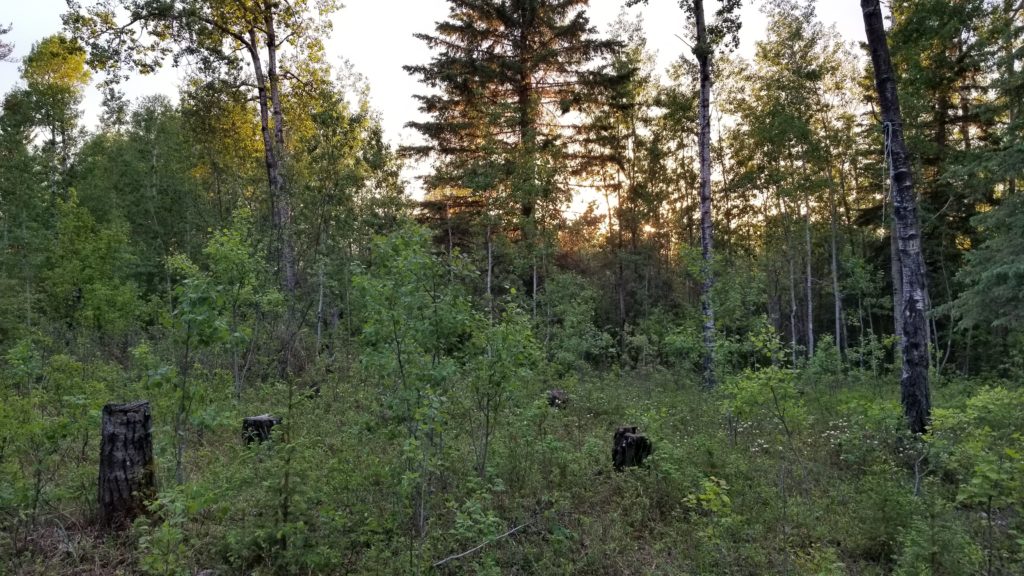
The trees, the stumps of the past, the light.
Work of Love
Love is not free: must be worked at each and every day.
If you work at being the person who behaves ‘in love’ with your spouse, you will love your spouse, as delightfully, marvelously, as colorfully as the first day you fell in love.
How that makes life different!
What does that mean for us?
Now that the Kingdom of God has come near,
Quote from Mother Theresa
Mother Teresa said, “Our work is constant. The problems of the poor continue, so our work continues. Yet everyone can do something beautiful for God by reaching out to the poor. I see only people filled with God’s love, wanting to do works of love. This is the future—this is God’s wish for us—to serve through love in action, and to be inspired by the Holy Spirit to act when called.” Mother Teresa, The Book of Peace: Finding the Spirit in a Busy World (London: Rider, 2002), 74.
What does that mean for us?
What are we going to do in response?
In the meanwhile:
Some will accept and grow from the nurture of God, like the nurture of a prosperous city, the city of Jerusalem.
Some will reject us and the peace and love of God that we bring. Still the message is the same: the Kingdom of God has come near!
Other lessons:
OT: Always God is there for us:
on return from Exile:
Promise of nurture, comfort, delight, and peace.
If ever an image is needed: of God: Mother nursing us, carrying us, dandling us on her knees!
The Jerusalem of the/to day
not the old, it’s gone, can be mourned
not the New, it’s coming, a promise of God at the end of time
Result for us:
Prosperity will flow like a river, full and flooding it’s banks distributing silt and soil for all in it’s vicinity.
Our hearts shall rejoice
our bodies shall flourish.
God there for ALL of us, as the past is gone, the promise of tomorrow not yet
Response: rejoice, even us that mourn the loss of the old Jerusalem, the way it was in the past.
Like brimming churches with SS busy with children, many per age in classrooms abuzz with activities, learning, and sometimes real Gospel and real Grace of God, and real love of God.
Mourn the loss, look to the new creation!
Nothing more foolish, bare obvious ridiculous than a 70 male, a man of power and corruption, divorcing himself from his wife of his youth, and claiming again and again a yet younger woman, in an effort to remain youthful, to deny his age.
Mourning what is lost by denying it is GONE, DONE, PASSED. Instead buying with wealth gained by corruption, an image of being younger than the real OLD of his age.
Nothing more foolish, than an woman who does the same. Equally foolish and destructive to all sorts of people, in the deception of self.
Except perhaps all the faithful people who look to the past of the church, deny the change of culture around us away from church participation, and expend great energy trying to recapture what is lost, past, or dying; instead of working to be what God makes us able to be today.
We deny one another’s stories, we’re too busy struggling as a congregation with each other’s untoward behaviours, anxious behaviours.
We miss out on the opportunities to work in the real world, from the real stories of each other’s lives. Like ostriches, we bury our heads in sand, unable to see the GOODness of creation. And we suffocate there, hiding from reality. God cannot nurture us there: no comforting, no nursing, no dandling on God’s knees.
God, through the prosperity of the City of God, the city of peace, nurtures, comforts, provides for us,
us who have returned home from exile,
us who have deserted home for better efforts elsewhere
us who, like the older son of the prodigal father, have remained, worked diligently at home, and are envious of the returnees given free grace, we receive grace even though we have come to rely on ourselves, our works, our merits … though they may be something, they’re nothing before God,
We all NEED God’s Grace.
God, through the prosperity of the City of God, the city of peace, nurtures, comforts, provides for ALL of us,
Just like a Mother provides for her infants.
This is love: God’s for us, our delight in God: we respond with singing for joy, with praise and adoration, with joy, even as we mourn the loss of the past.
The truth of love
God: in love with us, you, writes our/your name/s in heaven: the dream of all dreams, hopes, and life itself, fulfilled, for us and for God!
God claims, names, and commissions us, sends us
into the harvest: plentiful, with few workers:
What does that mean for us?
What are we going to do in response?
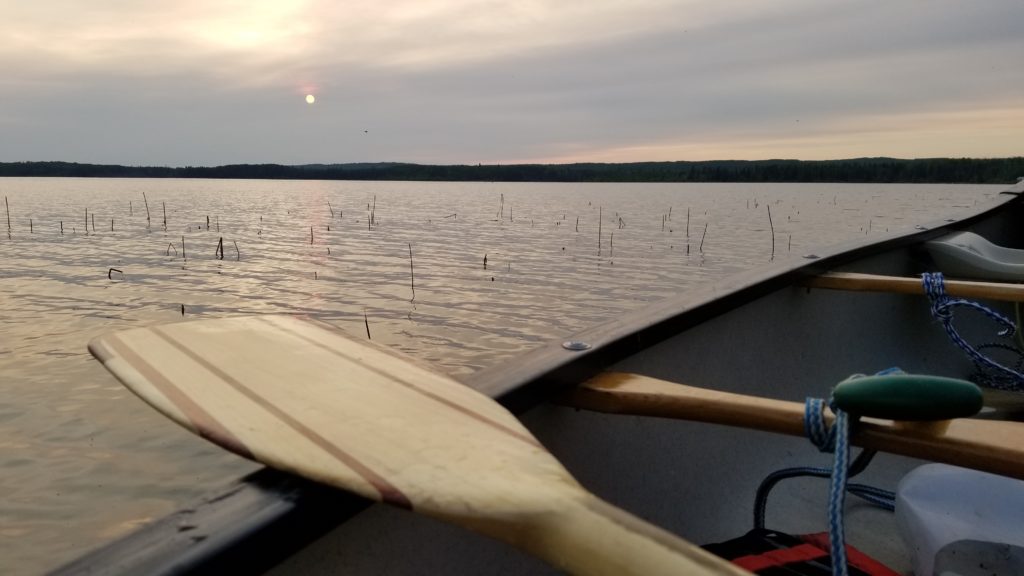
The work, the paddling, the water of life, the light.
Confused Paul in Galatians:
bear each other’s burdens, all must carry their own loads.
As we sin, each carried with gentleness by the rest of us.
As we work, each carry our own load, to provide necessities of life.
God comforts, nourishes, promises: But we still get to work like the dickens to make life good for ourselves and our community, and those in need.
God’s care does not supplant our own labours, rather God, enables our labours to be productive.
There is joy in diligent, hard, directed, purposeful labour. Labour is a necessity of life: air, water, food, clothing, shelter, purposeful labour, and love (giving and receiving).
As we work: remember God’s promise: most important
God promise:
our names are written in heaven.
More than our ability in Christ’s name to heal, to feed, to care for, to love others, to forgive, to be gentle with each other:
That God has acted, named us, written our names in heaven!
Wondrous miracles to see in this creation. Greater is God’s Grace which names us as God’s
Claimed, named, blessed, equipped. Nourished, comforted, carried,
But most of all LOVED for who we really are!
Names
written not because of a fluke, not because of our work, not because
of correct faith, not because of our hanging on to or letting go of
our histories, but
Just because God wants it so, out of love for
us.
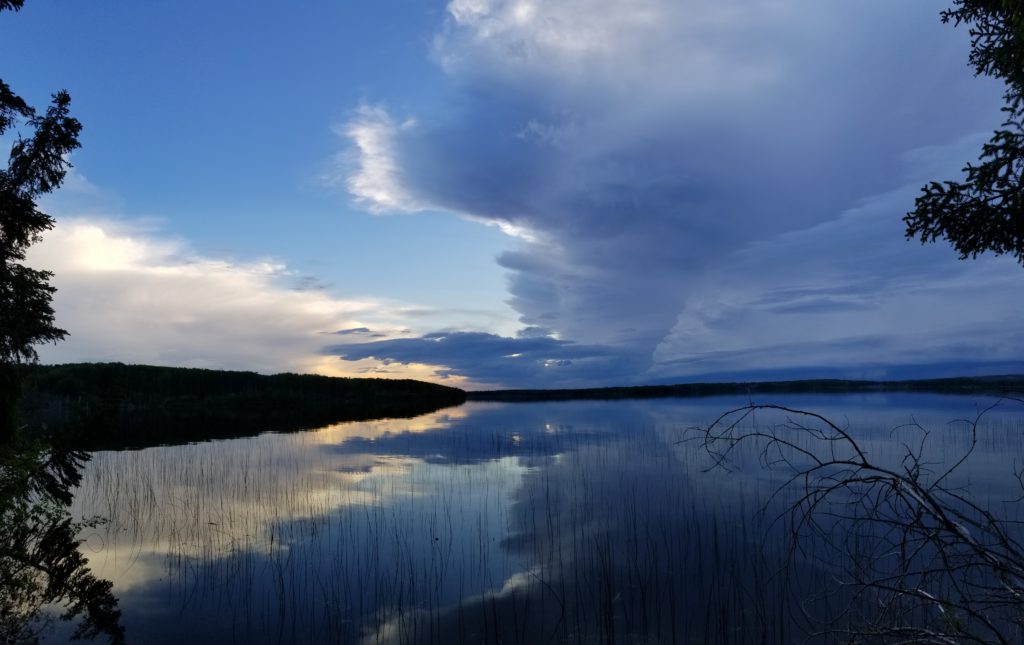
The power of the heavens, where our names are written

